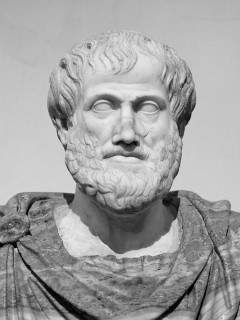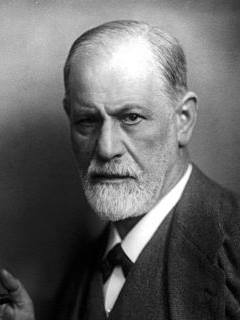
Publication details
Publisher: Springer
Place: Berlin
Year: 2018
Pages: 165-183
Series: Theory and History in the Human and Social Sciences
ISBN (Hardback): 9783319725079
Full citation:
, "Gustav Ichheiser on rationality and irrationality", in: Memories of Gustav Ichheiser, Berlin, Springer, 2018


Gustav Ichheiser on rationality and irrationality
pp. 165-183
in: Amrei Joerchel, Gerhard Benetka (eds), Memories of Gustav Ichheiser, Berlin, Springer, 2018Abstract
Since Aristotle, scholars provided different answers to the question whether humans are rational. Some scholars, e.g. Descartes, presupposed that rationality is a norm, while others, e.g. Freud, claimed that humans are basically driven by irrational tendencies which they cannot control. For Gustav Ichheiser, rationality and irrationality were social and relational concepts. He argued that although it is meaningful to make a distinction between these two concepts, it is wrong to treat them as separate from one another; even more, he questioned whether the "cold rationality" is 'superior" to "irrational" impulses. It is the latter that instigates generous actions and spontaneous help to others. In analysing different meanings of irrationality and their attributions to the Self and Others, Ichheiser contrasted values of technological progress and of cultural-spiritual welfare in modern societies in their international contexts.
Cited authors
Publication details
Publisher: Springer
Place: Berlin
Year: 2018
Pages: 165-183
Series: Theory and History in the Human and Social Sciences
ISBN (Hardback): 9783319725079
Full citation:
, "Gustav Ichheiser on rationality and irrationality", in: Memories of Gustav Ichheiser, Berlin, Springer, 2018




